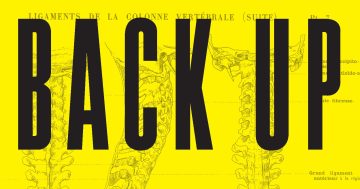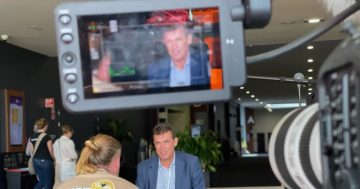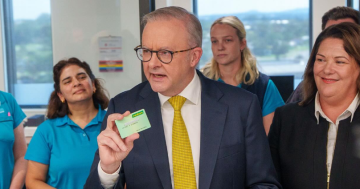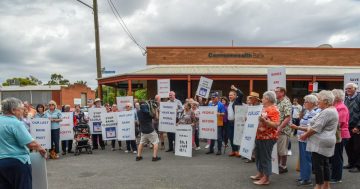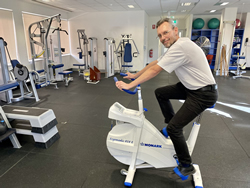 A new treatment regime for long-term sufferers of chronic back pain has proved to be effective, with reductions in pain and related disability remaining after a one-year follow-up.
A new treatment regime for long-term sufferers of chronic back pain has proved to be effective, with reductions in pain and related disability remaining after a one-year follow-up.
The treatment follows research by Curtin, Macquarie and Monash universities which found clinically significant improvements in the intensity of pain and pain-related disability among almost 500 people who had been seeking help.
Lead author, Associate Professor Peter Kent from the Curtin School of Allied Health, said the treatment, which delivered a healthcare and work productivity saving of more than $5,000 per person, took a whole-person approach by also helping people to make lifestyle changes aimed at improving their social and emotional health.
“The findings produced compelling evidence that the new treatment had a large and lasting impact at a clinically important level,” Professor Kent said.
“Lower back pain is the leading cause of disability across the globe, contributing to a loss of work productivity and early retirement worldwide, so these exciting results give hope to the millions of people around the world who are disabled by back pain.”
He said it also provided a clear roadmap for clinicians, health services and policy-makers on how to reduce the growing burden of chronic back pain with a high-value, low-risk approach based on the best scientific evidence.
“The treatment, called Cognitive Functional Therapy (CFT), offered personalised and intensive coaching sessions that helped people make sense of their pain, focused on retraining them to move in ways that reduced their pain, and built confidence in movements and activities they had been afraid of or were avoiding,” Professor Kent said.
The treatment was delivered in 20 clinics across Perth and Sydney by 18 physiotherapists that were specifically trained to deliver CFT.”
Trial participant and retired mathematician, Volker Rehbocks, a father-of-two, had been living with chronic back pain for at least 18 months.
His doctor told him his gardening days were over so to avoid bending and lifting, and gave him anti-inflammatories with advice to rest his back.
He became progressively disabled and was struggling to do even the simplest daily activities like sitting or tying his shoelaces due to pain. He stopped doing all bending activities.
Mr Rehbocks (pictured) turned to the new treatment for help. It only took about six to eight months to get his life back.
Today, his mode of transport is rarely his car, opting to ride his bike large distances at a time with no pain.
“My pain has effectively gone,” Mr Rehbocks said.


